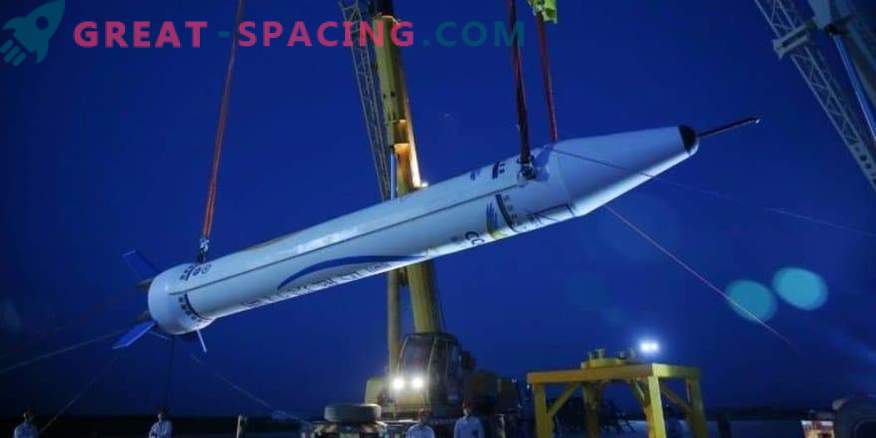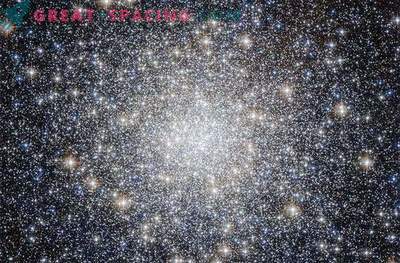
Chinese aerospace startups avoided the ambitions of space travel of their American rivals to compete for lucrative contracts in the microsatellite sector
May 17, 2018 launched a suborbital rocket. This is another step in China’s emerging commercial aviation industry. The OneSpace startup based in Beijing is one of dozens of Chinese companies competing for a portion of the global space industry, estimated at $ 339 billion. SpaceX and Blue Origin remain the dominant companies.
The 9-meter rocket “Chongqing Liangjiang Star” flew out of a test field in northwestern China and reached a height of 273 km before returning to Earth. The launch objective is to demonstrate an early working model of the OS-X series of rockets intended for research related to suborbital flights.
By the end of the decade, OneSpace plans to build 20 OS-X rockets that could accommodate a 100-kilogram payload to an orbit 800 km from the earth’s surface. The company also develops M-series rockets to compete in the growing microsatellite sector. Typically, these satellites do not exceed the size of the shoe box and are used to monitor weather conditions or disaster sites. Microsatellites are cheaper to build and deploy. Chinese aerospace startups eschew the ambitions of American space travelers to focus on the microsatellite sector. OneSpace has managed to attract the attention of several domestic and foreign customers.
Another Chinese startup iSpace launched the Hyperbola-1S suborbital rocket from the southern island of Haiwan last month. The rocket reached a height of 108 km and demonstrated a small launcher, which is planned to be completed by June 2019.











































